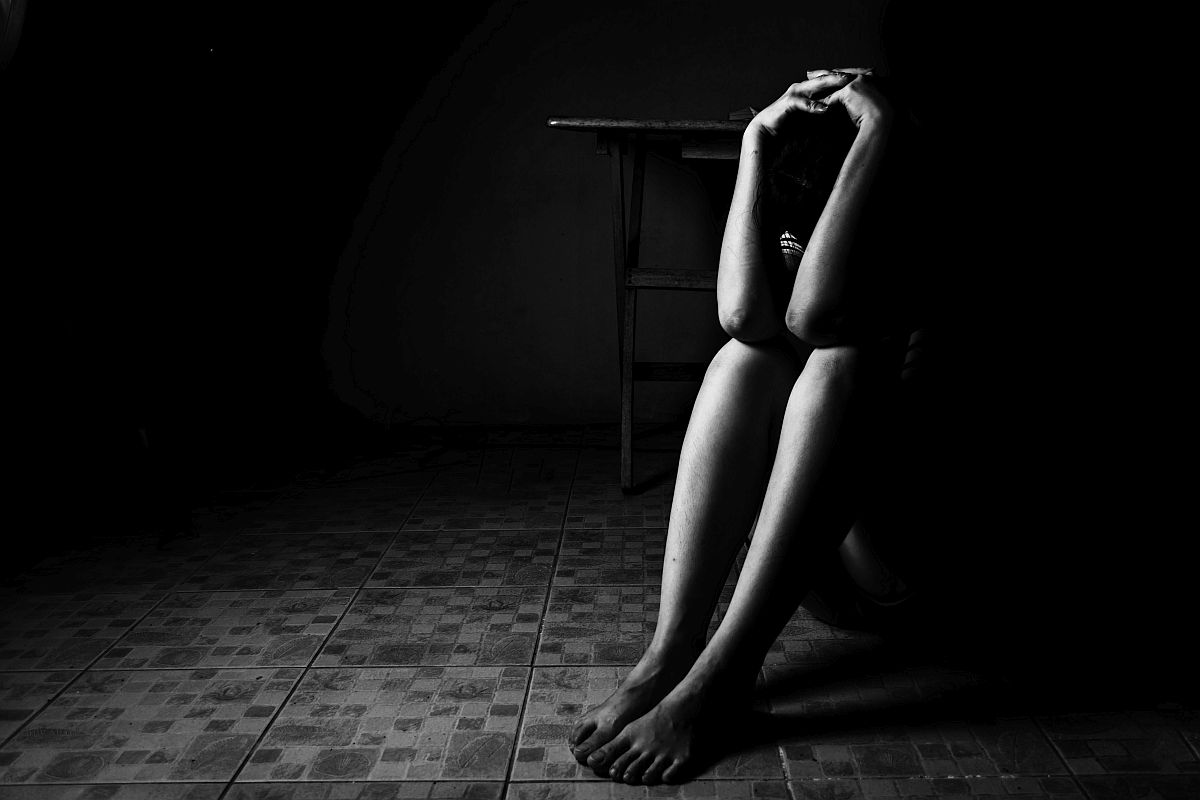Voicing concern over the “normalisation” of rape culture, a top UN official has said the people witness this culture daily through the objectification of women in movies or TV, the glamorisation of violence in advertising and constant use of misogynistic language.
Deputy Executive Director of UN Women Anita Bhatia said, the senior-most Indian woman in the UN system in New York, said this year, the agency wants to focus attention on the issue of rape and the rape culture that prevails in society.
Advertisement
“The rape culture has become normalised,” she said.
“And all of us are daily witnesses to this rape culture. Because we are facing all the time misogynistic language, the objectification of bodies, jokes and downplaying of the issue of consent – that yes means yes and no means no. And we see a lot of advertising and media, which glamorizes violence against women,” Bhatia told PTI in an interview here.
Bhatia is the Assistant Secretary-General of the United Nations and Deputy Executive Director for Resource Management, Sustainability and Partnerships at United Nations Entity for Gender Equality and the Empowerment of Women (UN Women).
November 25 marks the International Day for the Elimination of Violence Against Women and multiple events worldwide will be organised as part of the UN System-wide activities for the 16 Days of Activism Against Gender-Based Violence, a campaign that mobilises governments and public and is commemorated under the umbrella of the Secretary-General’s campaign UNiTE by 2030 to End Violence against Women.
The theme of this year’s commemoration of the International Day, which uses the orange colour to symbolise hope and a brighter future without violence against women, is Orange the World: Generation Equality Stands against Rape!’
The theme highlights the need to end the rape culture that is entrenched in society, whether in situations of conflict, peace, in homes or on streets.
The UN agency wants to make sure people understand that “violence against women and girls is actually one of the most pervasive and disturbing human rights violations that currently exist in the world.”
Bhatia said the agency also wants to send the message that violence is not inevitable and there are concrete steps societies, governments and people can take to ensure “we are actually stopping violence.”
Bhatia underscored that not one single action but a comprehensive approach is required to deal with this pervasive issue.
“First of all, you need to change cultures, mindset and make it unacceptable for societies to accept violence against women,” she said adding that “this isn’t an agenda that is just for women and girls. Men have to be involved too.”
Voicing strong concern over the normalisation of violence against women, Bhatia said “so much of popular culture is so violent. And in the interest of showing reality, you’re perpetuating this idea that it’s actually okay to be tough on vulnerable women.
She stressed on the need to work with the police and to make them understand that victims of sexual abuse and violence must be taken seriously and their claims cannot be dismissed.
“Obviously, we have to work with the court system also because justice delayed is justice denied, she said adding that it must also be ensured that influencers and media are not perpetuating and glamorizing violence.”
“And then clearly we need laws because so many countries still have laws that normalize rape within marriages and that allow rapists to basically erase the crime by marrying the victim”, she said.
Bhatia added that despite global movements such as #MeToo, #TimesUp, #Niunamenos, #NotOneMore, sexual violence continues to be normalised and embedded in social environments.
As the global campaign kicks off, UN Women’s clarion call is for people to take a stand against the pervasive rape culture that surrounds us.
UN Women Executive Director Phumzile Mlambo-Ngcuka said rape isn’t an isolated brief act.
It can have life-changing, unchosen effects on a pregnancy or a sexually-transmitted disease, immense trauma and an unwarranted sense of shame. In both conflict and in peacetime, it often shapes women’s decisions to move from their communities through fear of attack or the stigmatization of survivors. If I could have one wish granted, it might well be a total end to rape.
Exact numbers of rape and sexual assaults are difficult to asses since not every victim comes forward to report it out of fear and shame.
UN Women said that approximately 15 million adolescent girls (aged 15 to 19) worldwide have experienced forced sex at some point in their life.
Furthermore, three billion women and girls live in countries where rape within marriage is not explicitly criminalised.
Bhatia emphasized that governments, societies and individuals must work with girls and women to give them the confidence to speak up because there is such a fear of speaking out because the victim falls into the position of having to prove (herself).











